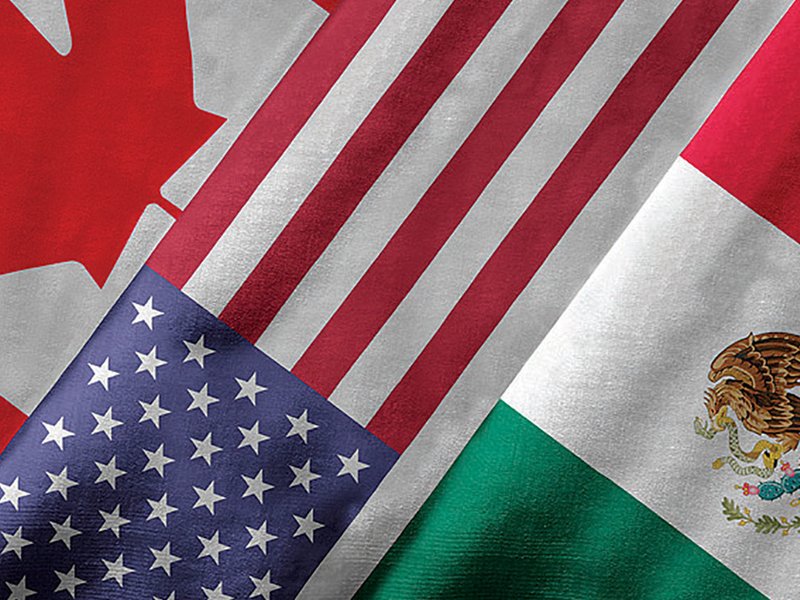
MEXICO CITY — Some Mexican automakers are asking for more time to meet stringent content rules set out in a new North American trade agreement, and Mexico is making progress on changes in labor standards under the deal, a top official said.
The United States Mexico Canada Agreement, which took effect in July, replacing the 1994 North American Free Trade Agreement, includes tougher content rules for autos.
For vehicles, USMCA requires 75 percent North American content compared with a 62.5 percent threshold under NAFTA, as well as 40-45 percent content from so-called “high wage” areas.
USMCA includes a provision to give flexibility to carmakers in order to be able to comply with the deal according to their production and investment plans in North America, Mexican Deputy Economy Minister Luz Maria de la Mora said in an interview with Reuters on Monday evening.
“Some companies in the automotive sector are requesting these alternative transition regimes in order to have this flexibility,” de la Mora said.
“We are working with the United States and Canada to define those flexibilities, and among the three countries we have decided that perhaps some companies do require it in order to comply with the new rules of origin,” she added.
The implementation of new labor standards in Mexico under USMCA has been a thorny issue.
An independent labor panel on Dec. 15 submitted a report to the U.S. Congress saying that while Mexico has made significant progress implementing a 2019 labor reform, “many of the changes promised … in terms of union democracy, freedom of association and collective bargaining, remain to be implemented.”
De la Mora said the coronavirus pandemic had made things tougher, but that Mexico was putting into force its labor reform as well as meeting the terms of USMCA “so that the implementation takes place according to the schedule.”
Mexico has complied “with almost everything” it has needed to in terms of labor, she said.